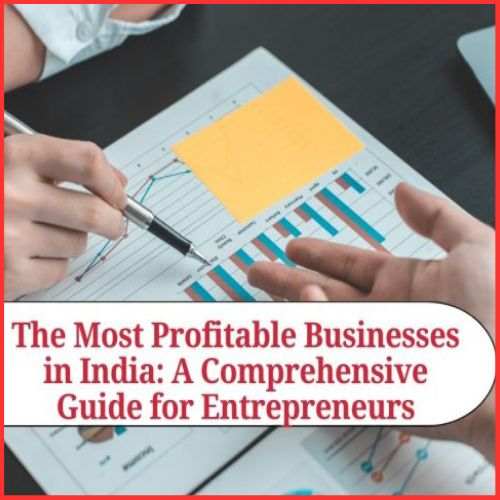Zomato declared aims for 2030 to safeguard and maintain “sustainable growth of the platform economy and all its stakeholders” on Wednesday.
The food aggregator’s sustainability aims are organized around eight themes: ‘climate-conscious delivery’, a ‘waste-free world’, ‘zero hunger’, ‘customer centricity’, ‘governance’, ‘inclusive growth’, ‘health, safety’, and ‘diversity and equality’.
Zomato has vowed to do 100% of deliveries by EVs. Furthermore, the BSE-listed company plans to deliver 100 million plastic-free orders by 2025. Zomato claimed it would assist eateries in decreasing food waste via training and cooperation.
Anjali Ravi Kumar, Zomato’s Chief Sustainability Officer, said, “With a dedicated focus on eight material themes, this roadmap goes beyond the confines of food ordering and delivery, actively contributing to a world where every action leaves a positive imprint. We vow to maintain a relentless emphasis on fulfilling our goal to design a future in which sustainability is effortlessly integrated into all we do at Zomato.”
Zomato said that the online meal delivery platform adheres to data privacy regulations and would ‘continue to develop rigorous ethical and compliance policies’.
To foster inclusive development, the Gurugram-based firm said that it would help 300,000 micro, small, and medium-sized restaurant enterprises and food entrepreneurs.
Zomato said that it would empower one million gig workers via upskilling, collaborations, and benefit programs.
Zomato has also pledged to reach a minimum of 50% representation of diverse groups, including women, LGBTQIA+, people with disabilities (PwDs), veterans, and other historically disadvantaged groups, as part of its complete Sustainability targets for 20230.
“Over the years, gig labor has democratized access to livelihoods by lowering entrance barriers and improving income prospects for lakhs of Indians. Today’s conference, as well as the unveiling of Zomato’s 2030 objectives, underscore our commitment to protecting and ensuring the long-term development of the platform economy and all of its stakeholders,” stated Rakesh Ranjan, CEO of Zomato.
Zomato is an Indian meal delivery and restaurant aggregation platform. It was established in 2008 by Deepinder Goyal and Pankaj Chaddah. The company’s name is supposed to be derived from the word “tomato” with the letter “Z” added to make it distinctive.
Zomato has over 300,000 restaurants and 285 million ratings and reviews. It provides online meal delivery to over 500 cities, and clients can monitor their orders live via the app.
Zomato’s digital marketing approach has been effective in India. The firm began by displaying advertisements on famous Indian websites and search engines.














